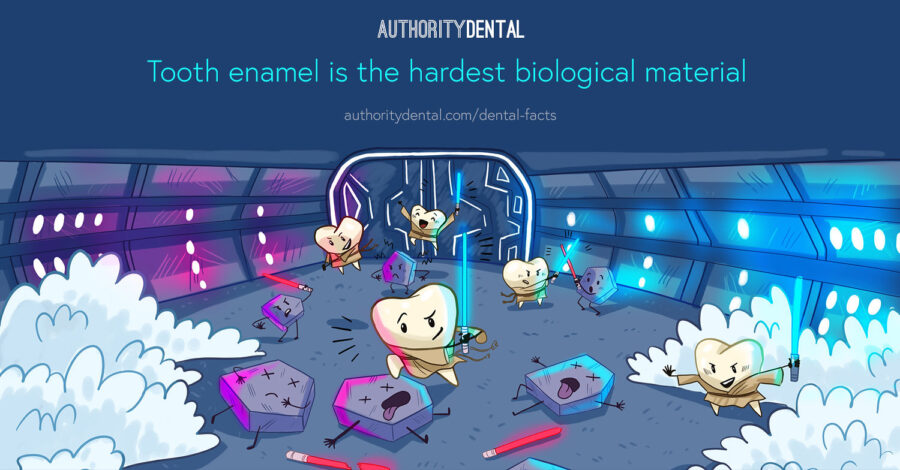
Can You Reverse a Cavity With Remineralization?
March 27, 2025 9:00 amThe idea of reversing a cavity almost sounds too good to be true. But in some cases—especially early on—it’s possible. Before you start picturing your enamel magically growing back, let’s break down what’s really happening when your dentist talks about remineralization.
To understand how cavities might be reversed, we first have to look at how they start.
Cavities Begin With Demineralization
Your enamel—the outer layer of your teeth—is made mostly of minerals, especially calcium and phosphate. When bacteria in your mouth feed on sugars and starches, they produce acid. That acid wears down the enamel, pulling minerals out in a process called demineralization.
At this early stage, the damage isn’t a full-blown cavity yet. It’s often called an “incipient lesion,” and it may not even cause pain. You might not notice it at all—but your dentist can spot it.
What is Remineralization?
Remineralization is your body’s natural way of repairing weakened enamel. Saliva plays a major role by neutralizing acid and delivering minerals back to the tooth surface. Fluoride is well known for supporting this process, but it’s not the only option.
Hydroxyapatite, a naturally occurring mineral and the main component of tooth enamel, is now being used in some toothpaste as an alternative or complement to fluoride. It helps rebuild and smooth the surface of teeth, supporting remineralization in a way your body recognizes.
Brushing with fluoride or hydroxyapatite toothpaste, limiting sugar, and drinking plenty of water can help reverse early-stage damage before it turns into a cavity.
When Cavities Can’t Be Reversed
Once decay has formed a hole in the enamel, remineralization is no longer enough to reverse a cavity. At that stage, your dentist will need to remove the decay and restore the tooth. That’s why catching it early with regular checkups—before pain starts—is so important.
Preventive and Restorative Care at Edgewood Family Dentistry in Anderson, IN
At Edgewood Family Dentistry in Anderson, Dr. Mallory Kuiper helps patients strengthen their smiles from the start. Whether you’re exploring remineralization with fluoride or hydroxyapatite, or need a filling to stop decay in its tracks, we’ll meet you where you are. Prevention, repair, and clear guidance—it’s all part of keeping your smile going strong.
Image from Authority Dental under CC 2.0
Categorised in: Dental Tips, Preventive Dental Care, Restorative Dentistry
